
As much as we tend to use these words interchangeably, did you know that database and blockchain are two different things? What sets apart a traditional database from a blockchain database is the architecture, and how its fundamental technology is orchestrated.
Simply put, a traditional database is like a centralized ledger running on the World Wide Web, typically using a client-server network architecture. The database will have administrators and super administrators who oversee its integrity, and also provide read or write access to other relevant users.
Blockchain is a Distributed Ledger Technology (DLT), which made headlines as the foundation of the cryptocurrency, ‘Bitcoin’, when it was introduced in 2009. The basic premise of blockchain is that multiple parties that do not trust each other can still share information, create entries or process transactions concurrently and securely. Since there are no administrators, and controls are decentralized, nobody has sufficient access to destroy the system, or corrupt the data within. Moreover, every user must add timestamps and proof of work when they edit the data, which by default creates immutable, verifiable logs and the highest level of transparency.
Here’s a closer look at both the technologies and why they are both relevant.
Difference Between Blockchain and Traditional Databases
In addition to the centralized versus decentralized structures, and trust and transparency features, there are a few other dissimilarities between traditional databases and blockchain.
- Historical Data: Centralized, traditional databases maintain up-to-date information and can always give you a snapshot of a moment in time. Blockchain databases, on the other hand, have the potential to create databases that contain vast historical information about them Hence, while they can provide a real-time update, they can also reproduce mass amounts of their own history due to their inherent functionality to maintain ever-growing archives.
- Speed and Performance: The nature of blockchain technology is such that it delivers security at the cost of speed. Since users have to put in a significant amount of effort to create proof of work and timestamps while adding blocks to the chain, it is a time consuming transaction. Moreover,
- the networks are distributed and independent,
- the processing power is not shared or compounded,
- it takes time for everyone to compare their results with the rest of the network and get consensus for something to be processed.
Traditional databases process information based on the write-accesses provided to trusted users. Their fundamental architecture is continually evolving, and every advancement or innovation that improves the speed and performance of these databases continues to create waves in the world of technology.
- Confidentiality: Traditional databases offer privacy, confidentiality and control. The administrators maintain tight access controls and only trusted and authorized users can influence the data, or the systems. Blockchain is publicly accessible and is all about uncontrolled write accesses, as long as you have the right proof of work (especially in the way it was first introduced in the form of Bitcoin). However, permissioned blockchains also exis It is possible to set up write-control protocols that allow only authorized participants to add new chains into the database.
Invest in the Right IT Solutions for Your Business
Both blockchain and traditional databases are here to stay. Both technologies continue to see breakthroughs in speed, performance, security features and functionalities. What database you choose may be a factor of your requirements, the nature of your business, the technology infrastructure and your organization’s IT budget. When it comes to performance and confidentiality, traditional databases triumph over everything else. However, if you are looking for enhanced trust, consistency, and transparency while restructuring your existing business or creating new business models, blockchain may be the way to go.
No matter what technology you wish to explore, invest in, or deploy, count on the cross-industry IT solutions experts at GlassHouse Systems. We have over 25 years of experience in designing, implementing and managing IT infrastructure for clients across North America. Our knowledgeable technicians will conduct a systematic assessment of your existing IT platforms and databases, and help you choose the IT solutions that best address your requirements and budgets.
Contact us to learn more or leave a comment below for more information on blockchain and traditional databases.
For Canada and worldwide, contact our main Canadian offices:
- +1 (416) 229-2950
- +1 (416) 229-9096
By email: canada@ghsystems.com
For all US-based enquiries, please contact our main US offices at:
- +1 (630) 724-8500
- +1 (630) 724-8509
By email: us@ghsystems.com
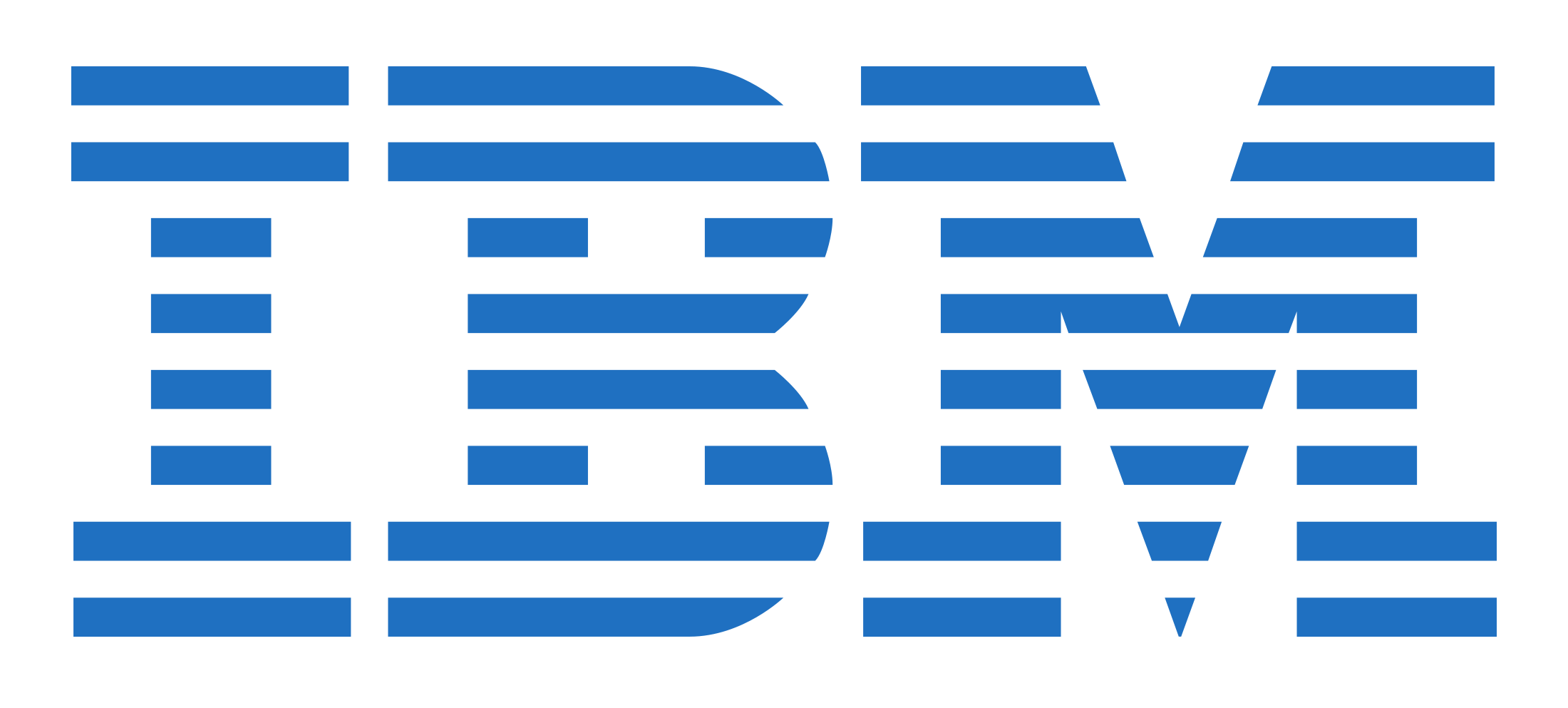


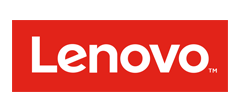

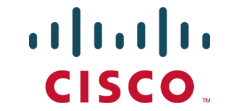
.png)

-1.png)
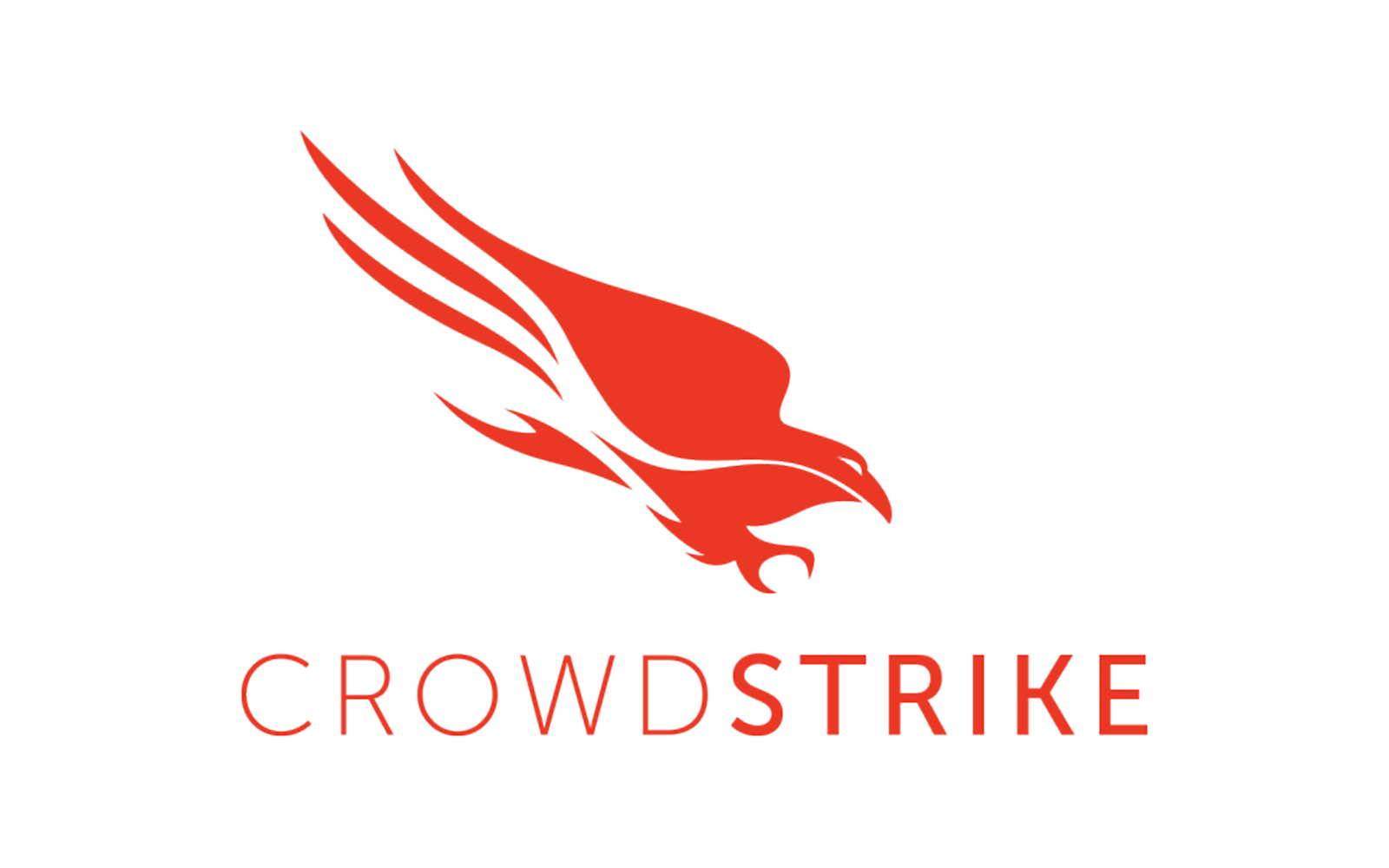
-1.png)


.png)